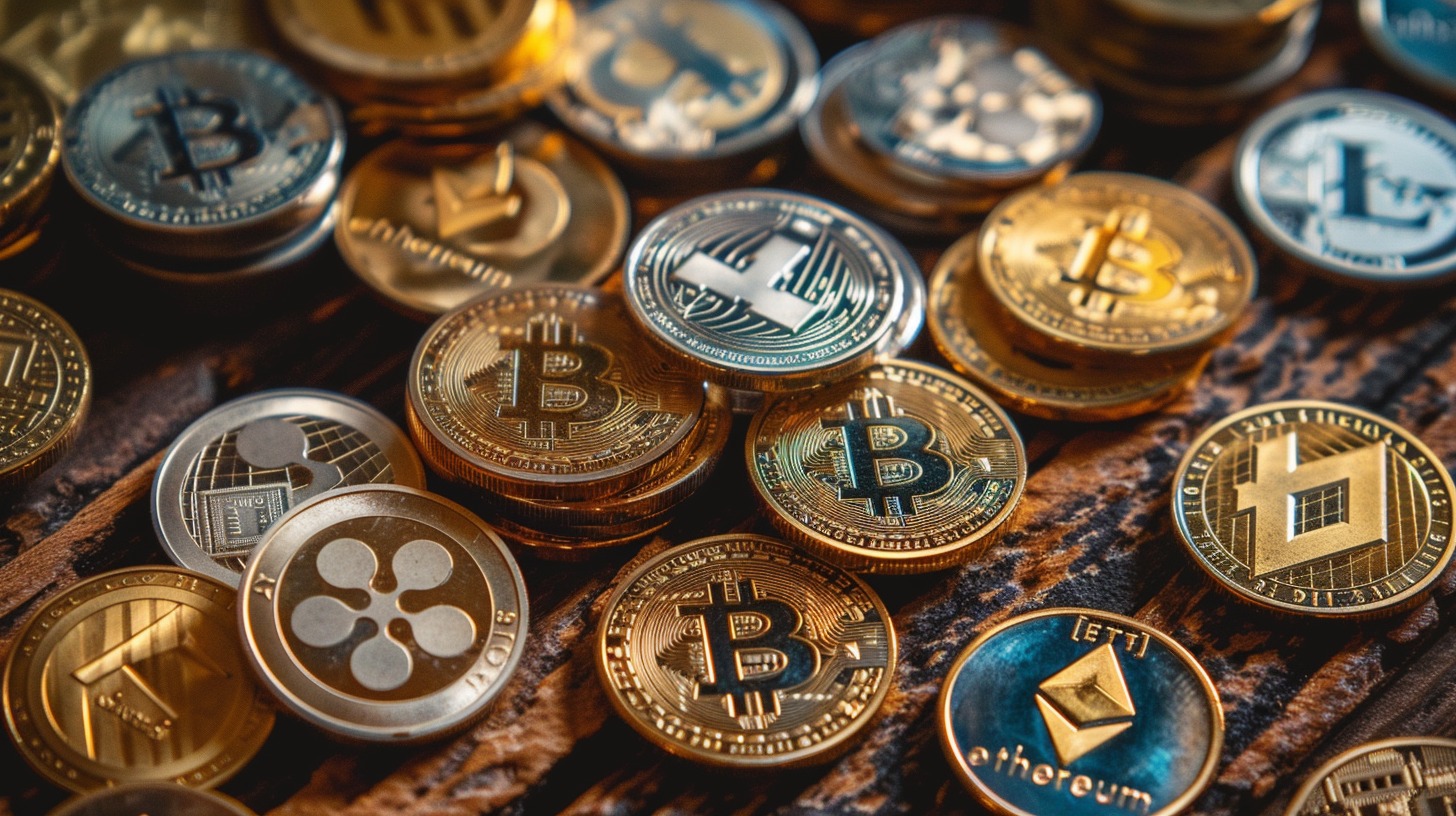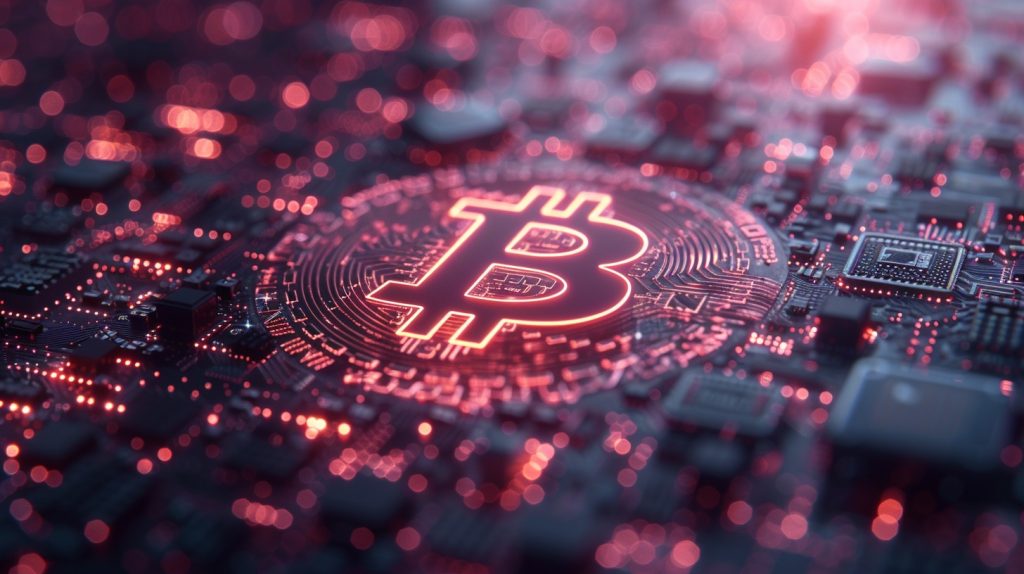Cybersecurity has emerged as a pressing concern within the United Arab EmiratesEmirates’ crypto market, where digital assets are actively traded and exchanged. The market has witnessed substantial growth in recent years, creating new opportunities for both investors and businesses. The Dubai International Financial Centre (DIFC) has positioned itself as a hub for fintech innovation, hosting numerous digital asset exchanges and crypto payment gateway. Meanwhile, the Abu Dhabi Global Market (ADGM) has recently introduced a regulatory framework for digital asset trading.
As this industry continues to evolve, it faces increasing risks and threats from cybercriminals eager to exploit vulnerabilities and seize assets. Robust cybersecurity measures are crucial for protecting these assets and fostering investor confidence, making it a top priority for market participants. In light of this, Subha Selvaraj, a recent graduate of the Certified Cyber Insurance Specialist (CCIS) training, has compiled a comprehensive analysis of the cybersecurity risks currently facing the crypto market.
Technologies to Mitigate Cybersecurity Risks in the Crypto Industry
Cyber risk is a big concern in the crypto market, leading everyone involved to adopt various technologies to strengthen their defenses against cyber threats. These tools are aimed at boosting the security of digital assets and protecting against hacks, data breaches, and different types of attacks. Some of the most commonly used technologies include encryption, secure communication protocols, two-factor authentication, cold storage, and blockchain-based security solutions. While these tools can definitely bolster cybersecurity, it’s important to remember they’re not foolproof. Market players also need to have solid internal controls, keep an eye out for suspicious activity, and take extra steps to minimize risks.
Internal Threats in the Crypto Industry

In the world of cryptocurrencies, internal threats to cybersecurity can be a real headache. Insider attacks can show up in different ways, like stealing digital assets, altering or destroying data, accessing systems without authorization, or spreading malware. These threats can be especially harmful since insiders usually have higher privileges and a good grasp of the organization’s security setup. Employee negligence is another considerable risk, as it can lead to accidental security breaches—think sharing passwords, falling for phishing scams, or skipping important software updates.
Cybersecurity Risks from Third-Party Service Providers in the Crypto Industry
As the crypto market evolves quickly, companies are leaning more on third-party service providers to boost their operations and create value for customers. In the UAE’s crypto scene, managing third-party risk is crucial for keeping cybersecurity strong and effective. Companies should do their homework when choosing service providers, making sure to check their credentials and assess their ability to protect digital assets while maintaining clear communication.
In conclusion, the UAE’s crypto market is growing fast and gaining traction, which means strong cybersecurity measures are a must. Protecting assets, managing internal and third-party risks, building investor confidence, and following regulations are all key parts of creating a secure and trustworthy environment. Investing in innovative technologies for better threat detection and incident response, educating employees and stakeholders about potential risks, and keeping a close watch for vulnerabilities is vital for the long-term success of the UAE crypto market.

